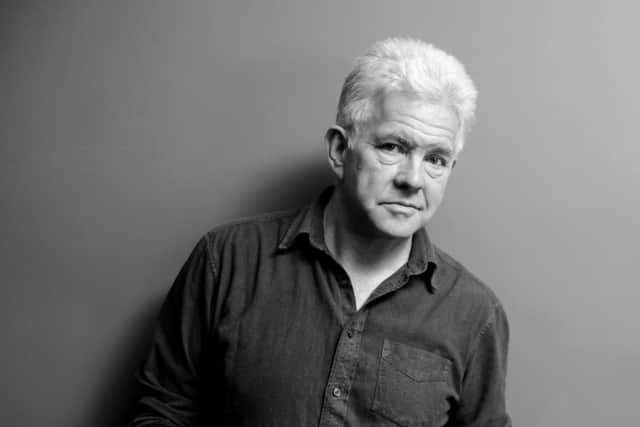Robert Frost: Why you should read the work of one of my favourite poets - Ian McMillan
You’ll note that I’ve cleverly referred to one of Frost’s best-known poems in my opening paragraph: the iconic and memorable Stopping by Woods on a Snowy Evening.
What I like about Stopping by Woods, as we aficionados know it, is the sheer unfathomable mystery of it; it’s a mystery that deepens with each reading for me, with any kind of concrete meaning remaining elusive, which is how I like it.
Advertisement
Hide AdAdvertisement
Hide AdOn the surface the poem is about someone doing what it says on the title tin. The horse and rider are standing in the snow in some woods. The first stanza goes: ‘Whose woods these are I think I know./His house is in the village though;/He will not see me stopping here/to watch his woods fill up with snow.’


So we get a sense that the person on the horse shouldn’t really be in these woods, that he’s trespassing in some way. The next stanza tells us that it’s midwinter, ‘the darkest evening of the year’ and, as the rider says, ‘My little horse must think it queer/To stop without a farmhouse near’ and Frost paints a vivid picture of the rider, and the horse, and the location, ‘Between the woods and frozen lake.’
And, to be honest, that’s about it. Not much else happens; the owner doesn’t turn up and run the rider out of town and there isn’t a blizzard that buries the rider and the horse. They just stand there in these forbidden woods and ‘The only other sound’s the sweep/Of easy wind and downy flake.’
For me the depth and profundity of the poem cluster together in the final stanza: ‘The woods are lovely, dark and deep,/But I have promises to keep,/And miles to go before I sleep/And miles to go before I sleep.’
Advertisement
Hide AdAdvertisement
Hide AdThere are so many questions to think about in those four lines: What are the promises the rider has to keep and who is he keeping them for? Why does the rider have miles to go before he sleeps? And why (and perhaps this is my favourite question of all) is the last line repeated?
You’ll notice that the poem rhymes, and Frost loved rhyme and rhythm and form, famously saying that writing and reading free verse was ‘like playing tennis without a net’.
That repetition of the last line, however, really gives the poem the quality of a chant or a hymn. Robert Frost seems to be insisting that the repetition is important, but he leaves us to work out for ourselves why that is.
I like to sink into a poem like I’m sinking into a warm bath; some might say that because ‘Stopping by Woods on a Snowy Evening’ is only sixteen short lines long then it should only take up sixteen short moments of our attention, but I disagree.
Advertisement
Hide AdAdvertisement
Hide AdIn the same way that I like to take my time when I’m walking round an art gallery, looking at each picture for ages until it stops being something that’s just a little novel and becomes something beautiful.
Frost was a farmer as well as a poet, and there’s something of the open air and the passing of the seasons in his work, and there’s also something of the passing of the seasons and the discipline of the farmer’s working life in the poems.
If you don’t know Robert Frost’s work, do give it a go. You won’t be disappointed.
Comment Guidelines
National World encourages reader discussion on our stories. User feedback, insights and back-and-forth exchanges add a rich layer of context to reporting. Please review our Community Guidelines before commenting.